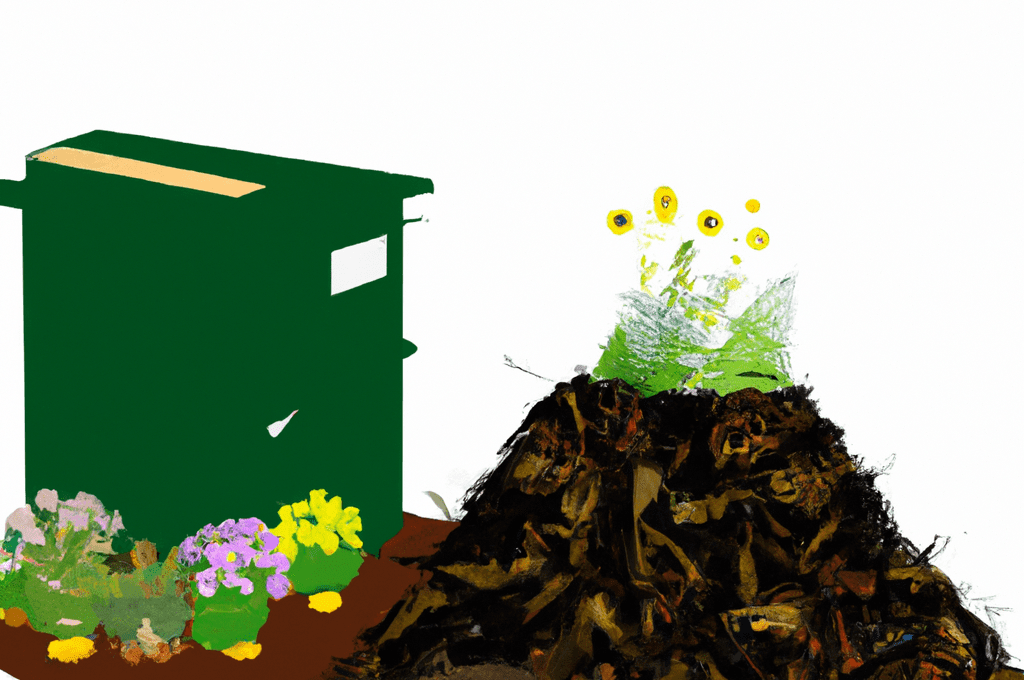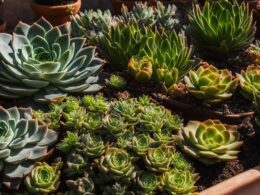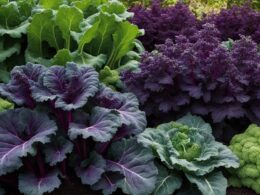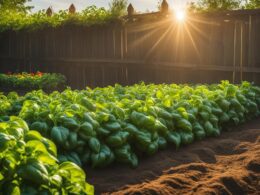Are you looking for a way to make your garden more beautiful and healthy? Look no further than composting! With five different composting methods to choose from, there is a method that will work for you, no matter how big or small your living space is.
Composting has many advantages. Not only does it reduce your carbon footprint, but it also creates highly fertile garden beds that will produce high-quality compost. Plus, composting is easy and can be done with materials you already have on hand.
Are you ready to transform your garden? Let’s dive into these five composting methods!
Quick Summary
- Composting methods include pile composting, hot composting, cold composting, sheet composting, and vermicomposting.
- Composting has advantages such as reducing carbon footprint and landfill impact, creating highly fertile garden beds, and producing high-quality compost.
- Hot composting produces usable compost in about a month but requires regular turning and temperature monitoring, while cold composting takes between one to two years and is a hands-off method.
- Vermicomposting is a fun and engaging way to produce high-quality compost quickly and easily, and is a good option for those without outdoor space for composting. It uses special composting worms that can handle higher temperatures and live near the surface, and produces black gold or high-quality compost.
Composting Methods
You can transform your garden by utilizing one of the five composting methods. These methods include pile composting, hot composting, cold composting, sheet composting, and vermicomposting.
Pile composting is a simple and easy method that involves placing organic matter in a big pile. To get the best results, it’s important to mix the pile regularly and keep it moist. Adding grass clippings, leaves, and other organic matter can help speed up the process.
Hot composting is ideal for those who want usable compost in about a month. This method uses heat to break down organic matter quickly and kill pathogens. However, it requires regular turning and temperature monitoring to maintain optimal conditions.
Cold composting, on the other hand, takes between one to two years and is perfect for anyone looking for an easy composting method. It’s a hands-off technique that transforms organic material into usable compost without much intervention. When deciding between hot and cold composting, consider your time and effort availability.
Can I use citrus scraps in any of these 5 composting methods to boost my garden?
Composting citrus scraps in gardening can greatly enhance your garden’s productivity. Whether you choose traditional composting, vermicomposting, Bokashi, trench composting, or leaf-mold composting methods, incorporating citrus waste offers valuable nutrients and aids in breaking down organic matter efficiently. Embrace this eco-friendly approach to maximize your garden’s potential while reducing waste.
Advantages of Composting
By composting, you can reduce your carbon footprint and divert waste from landfills while also creating nutrient-rich soil for your garden. Not only is this great for the environment, but it also saves you money on expensive fertilizers and soil amendments. Composting is a win-win situation for both you and the planet.
To further illustrate the benefits of composting, here is a table outlining the advantages:
| Advantages of Composting | |
|---|---|
| Reduces waste in landfills | Improves soil health |
| Saves money on fertilizer | Promotes plant growth |
| Reduces greenhouse gas emissions | Decreases reliance on chemical fertilizers |
So start composting today and reap the rewards of a healthy garden and a cleaner planet!
Vermicomposting Specifics
For those interested in vermicomposting, indoor composting with special composting worms is a fun and engaging way to produce high-quality compost quickly. You can turn kitchen scraps and other organic waste into worm castings using red wigglers or European nightcrawlers. Worm castings are rich in nutrients and perfect for fertilizing your garden or indoor plants.
Vermicomposting is an efficient way to reduce waste and produce compost, and it’s also a great option for those without outdoor space for traditional composting. Just be sure to use composting worms instead of earthworms. Keep in mind that if your vermicomposting bin goes unfed for over a week, the worms may die off.
Worm castings have many uses, including as a soil amendment, a top dressing for plants, and even as a natural pesticide.
Frequently Asked Questions
What equipment do I need for each composting method?
For pile composting, no equipment is needed. For hot composting, a compost thermometer and pitchfork are essential. Budget options include DIY tools. Cold composting requires a compost bin or pile. Sheet composting needs garden bed preparation. Vermicomposting requires a worm bin and composting worms. Sustainability options include upcycling containers for worm bins.
Is vermicomposting suitable for those who do not like handling worms?
Not a fan of handling worms? Don’t worry, there are vermicomposting alternatives! Worm-free composting options include pile, hot, cold, and sheet composting. Each method has its own equipment requirements and produces high-quality compost for your garden.
What happens if a vermicomposting bin is not fed for over a week?
Neglecting vermicomposting can cause the worms to die off if not fed for over a week. Regular feeding is important for their survival and producing high-quality compost. Don’t forget to maintain your bin!
What are some tips for those with limited outdoor space to make composting work for them?
Limited outdoor space? No problem! Try indoor composting with a small container garden. Use a worm bin or Bokashi system to compost kitchen scraps. It’s easy, odor-free, and produces nutrient-rich soil for your plants.
How can I tell if my compost is ready to use?
To test the quality of your compost, look for a dark, crumbly texture and a lack of recognizable materials. Conduct a germination test with seeds to ensure it is safe for use. Using compost in gardening can improve soil health and plant growth.








